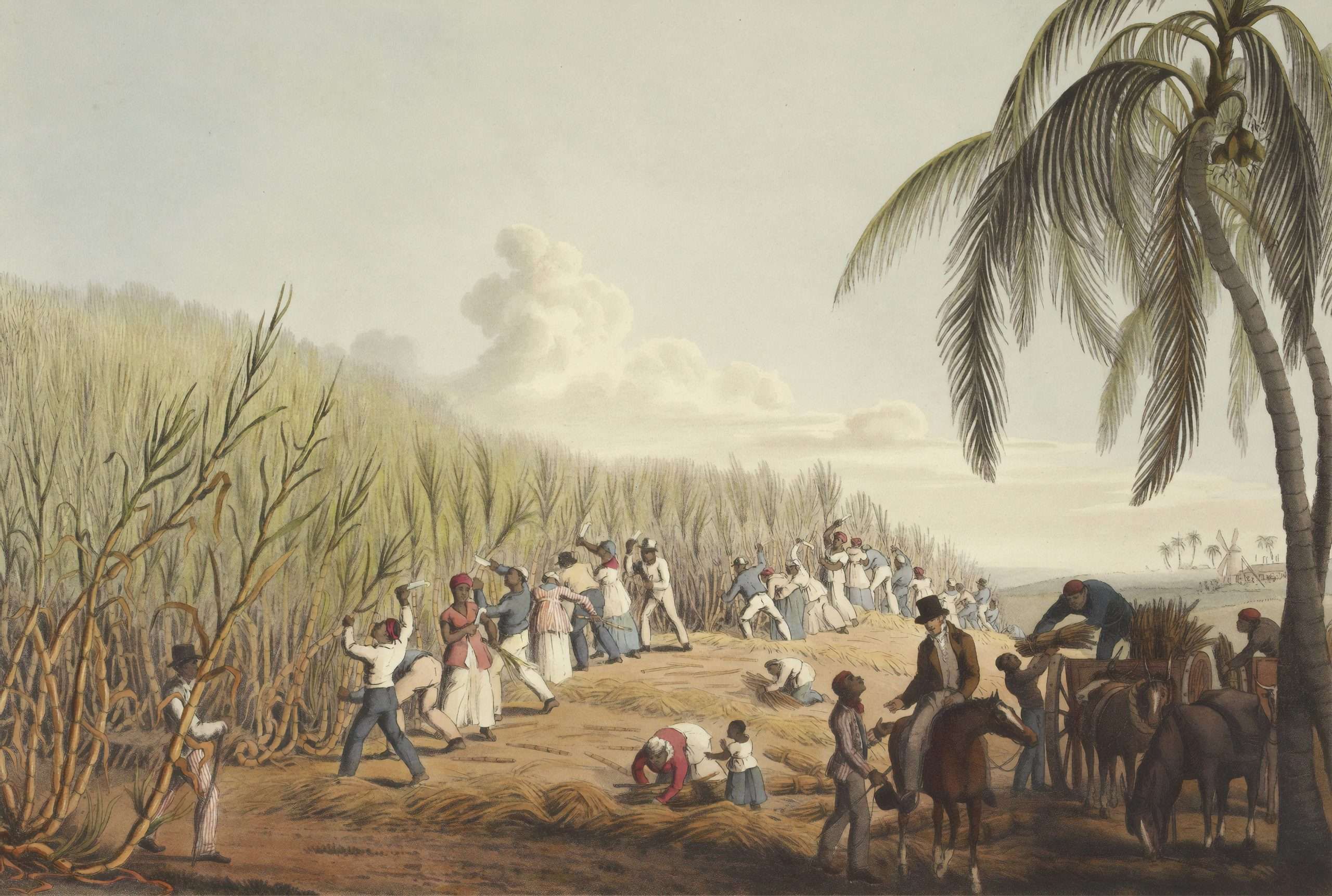
The List of New Terms Generating Conflict
Our country is mired in conflicts over terms such as systemic oppression, woke generation, identity politics, inclusive, equity, equality, intersectionality, critical race theory, gaslighting, marginalization, gender identity, transgender, #MeToo, white supremacy, cultural appropriations, 1619 Project, microaggression, non-binary, white privilege, etc., etc., etc. In a future article on BCWorldview.org, I will offer a single source for defining these terms (and many more). Reparations is one of those terms that has come to the forefront in the media, and therefore the culture. Below is a unique perspective on the consideration of reparations based on past slavery in this country.
Reparations Defined
Dictionary.com presents a rather narrow and historical definition of reparations as “compensation in money, material, labor, etc., payable by a defeated country to another country or to an individual for loss suffered during or as a result of war.” Merriam-Webster offers a broader definition by saying it is “the act of making amends, or giving satisfaction for a wrong or injury”. Wikipedia hones in on the contemporary use of the term by saying, “Reparations for slavery is the application of the concept of reparations to victims of slavery and/or their descendants. Throughout history, reparations for slavery have been both given by legal ruling in court and/or given voluntarily by individuals and institutions.
Reparations can take numerous forms, including: individual monetary payments, settlements, scholarships, waiving of fees, and systemic initiatives to offset injustices, land-based compensation related to independence, apologies, acknowledgments of the injustices, token measures such as naming a building after someone, or the removal of monuments and renaming of streets that honor slave owners and defenders of slavery.”
History of Slavery in America
Slavery likely existed in America before the Pilgrims landed on our shores in 1776. Though controversial, there is evidence that enslaved Africans arrived on our shores in 1619 (hence the 1619 Project). Interestingly enough, some have offered evidence that slavery was introduced to North America as early as 1526, and others say 1493. The question of whether these dates constitute the founding of the country is beyond the bounds of this article. The point is that Black Americans were disenfranchised throughout much of the history of this country, and that has had a significant impact on their past economic opportunities to capture the American Dream.
Reparations Today Based on Slavery in the Past
Slavery existed in American history and was obviously wrong. There is also no question that individual racism remains today and needs to be eradicated. God sees all of mankind, regardless of race, as equal (Genesis 1:26-28). However, the fact remains that acknowledgment (not advocacy) of slavery can be found in both the Old and New Testaments. For some Biblical Christians acknowledgment without clear condemnation of slavery is unacceptable. Their position is understandable. However, the same human frustration can be applied to questions such as why God allows sin in the world and why so many take the wide rather than the narrow road ( Matt 7:13-14) to eternity. God’s ways are above our ways is the simple, but often unacceptable answer (Isaiah 55:9, Romans 9:21).
The question remains, should Black Americans today receive disproportionate advantages in government subsidies, educational benefits, employment opportunities, etc. based on a history of slavery? Said differently, is Equality, much less Equity, possible to legislate?
A Biblical Perspective
A fundamental tenant of our Biblical Christian worldview is that when we accept Jesus as our personal Lord and Savior, our sins are forgiven (Matt 9:5, Romans 10:9). God sets ALL our sins aside as if they never existed (Psalm 103:12). Jesus died once on the cross (Heb 9:28) for our sins. So, if the Lord can forgive our daily sins, can we not forgive the sins of past generations (slavery) and focus more on assessing Equality today rather then Equity and Reparations based on the past.
Conclusion
To be clear, this article is limited to “reparations”, as it relates to the concept of providing benefit(s) to Black Americans today based on a history of slavery. It does not address the actions of those individuals who continue to exhibit the sin of racism today, nor does it suggest that we, as a nation should not strive toward Equality (treating people the same going forward). Coming together as a nation necessitates an acknowledgment of both our past sins and accomplishments. However, I believe that tearing down this country and tipping the scales so dramatically toward our failures serves only to keep us divisive and in conflict with each other.
As Biblical Christians, we need to forgive each other as God has forgiven us (Matt 6:14-15). We need to move on, setting these historical sins aside as far as East is from West (Psalm 103:12) while remaining vigilant and condemning of those who would see color or ethnicity as a basis for discrimination now, and going forward (Gal 3:28, Romans 2:11).
Read the full article

